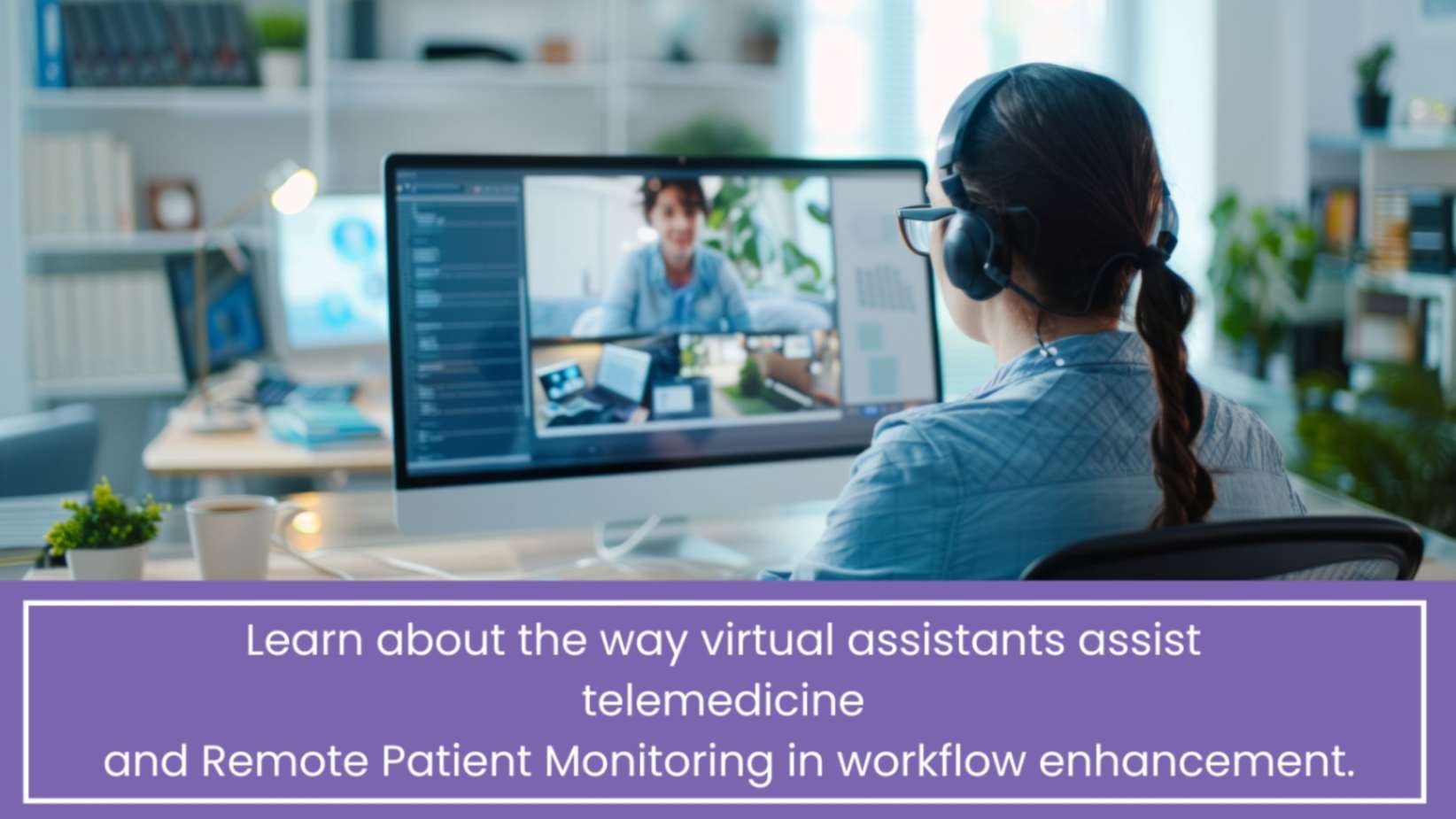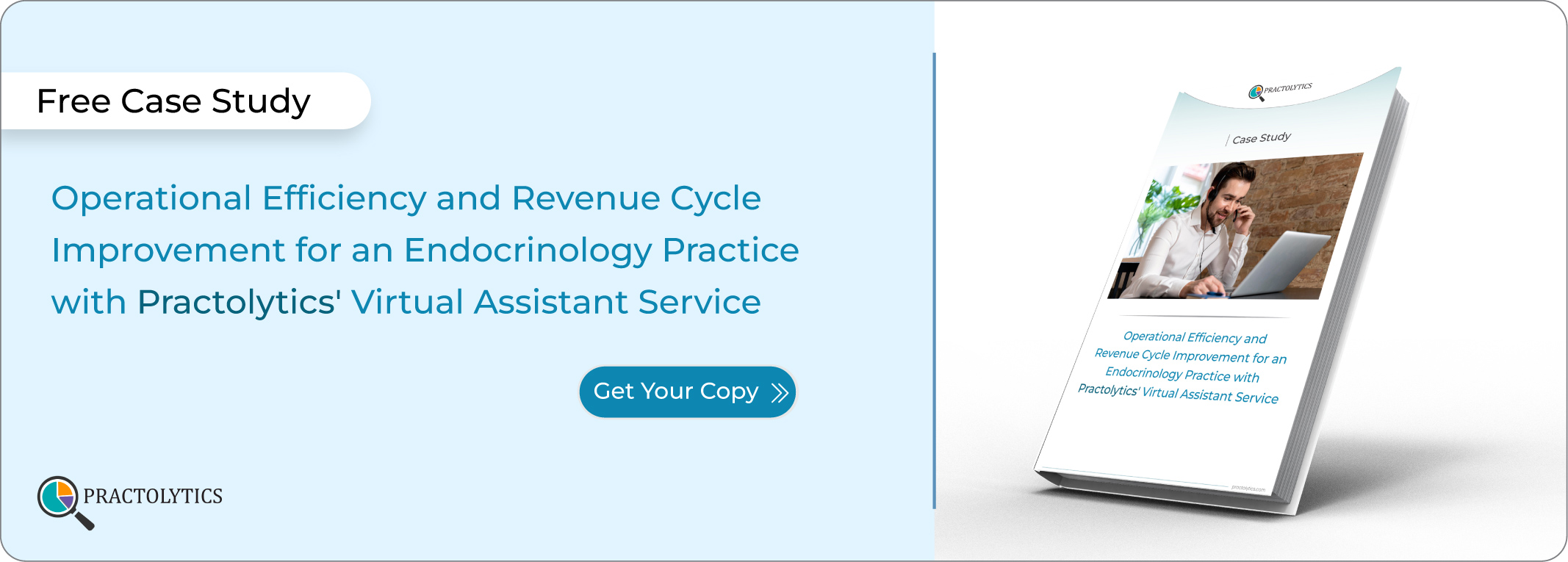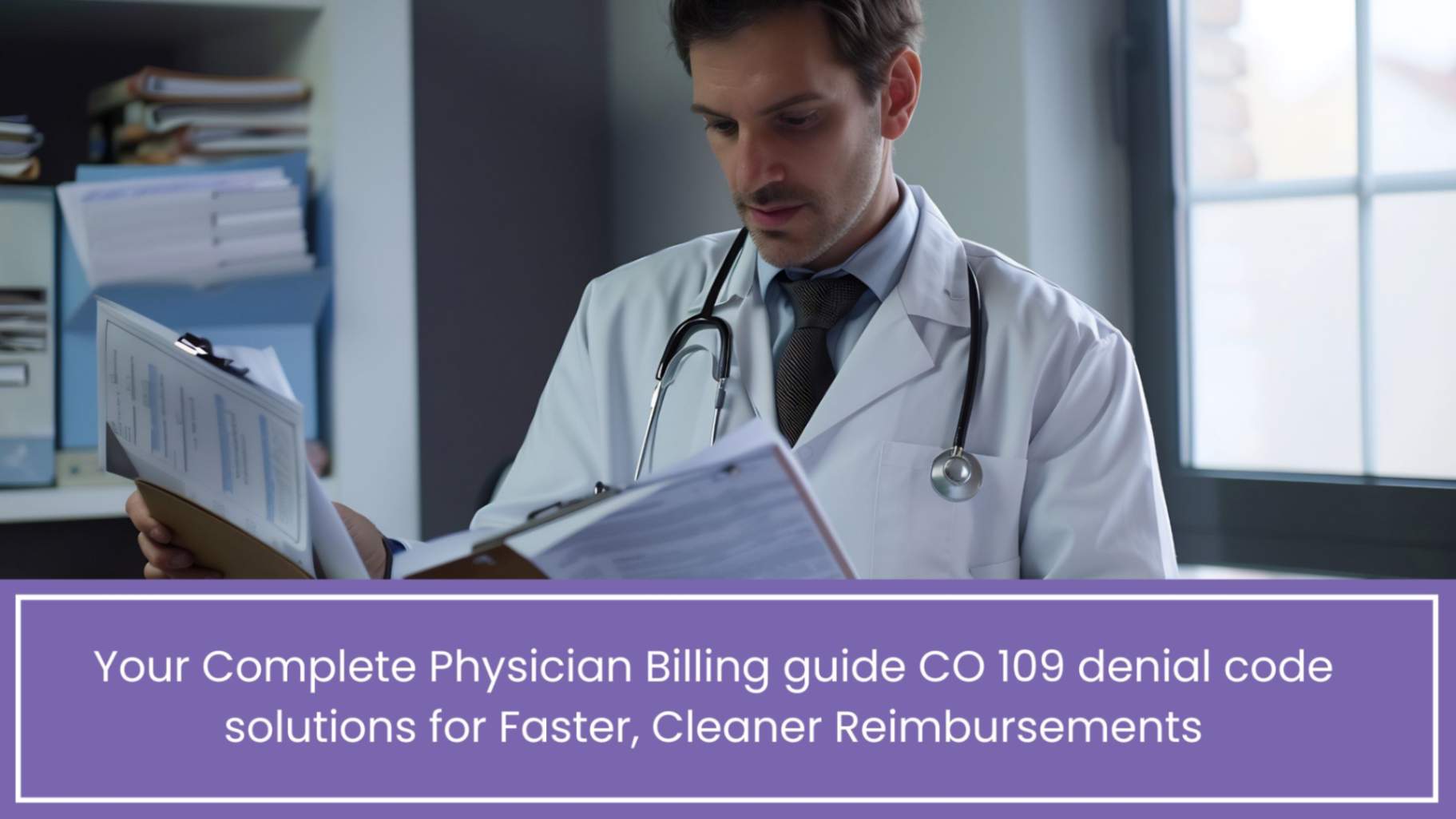Benefits of 24/7 Virtual Assistant Availability in Healthcare
In today’s always-on healthcare environment, our Essential Guide to Benefits of 24/7 Virtual Assistant Availability in Healthcare explains how remote support can simplify practice management by handling tasks like scheduling, billing, and documentation. You’ll discover why 24/7 availability matters, how virtual assistant healthcare services enhance patient access and experience, and how they reduce staff burnout and costs . We’ll also cover HIPAA compliance and security, showing how a trained virtual medical assistant safeguards patient data . Imagine answering patient calls at midnight or scheduling urgent appointments after hours – a virtual assistant makes it possible. By the end, you’ll see why hiring a virtual medical assistant is a smart move for any modern practice.
Table of Contents
Why 24/7 Availability Matters in Modern Healthcare
Modern patients often need healthcare support around the clock. Virtual medical assistants provide exactly that—24/7 care so patients can reach out any time . They handle appointment scheduling and inquiries after hours, ensuring no call goes unanswered. This continuous availability meets patient expectations (about 75% want around-the-clock booking) and even cuts missed appointments. In fact, studies show practices can lower no-shows by roughly 20% by sending reminders and rescheduling off-hour visits. In short, always-on support means happier patients and fewer empty slots in the schedule.
Top Benefits of 24/7 Virtual Assistant Support
- Always-On Patient Access: A virtual medical assistant lets patients schedule appointments or get answers any time of day, handling calls and messages outside normal hours.
- Fewer Missed Appointments: Timely reminders and real-time rescheduling by a 24/7 assistant can slash no-show rates. One report notes a 20% drop in missed visits after adding after-hours scheduling.
- Cost Savings: Outsourcing overnight and weekend duties can dramatically cut costs. Virtual receptionists often cost up to 70% less than hiring in-house staff and need no extra office space. You pay only for the support you use, which adds up to big savings.
- Higher Patient Satisfaction: Being available when patients need you builds trust. Practices that use virtual receptionists report about a 15% boost in patient satisfaction thanks to timely, compassionate service.
- Improved Staff Well-Being: Offloading routine tasks means providers can focus on care and wrap up on time. Doctors spend less time on after-hours paperwork and feel “less overwhelmed” when VAs handle their charts. This leads to a healthier work-life balance and better care during office hours.
Cost Efficiency for Healthcare Providers
Virtual medical assistant services pay for themselves quickly. By handling administrative duties, they free up staff time and reduce overhead. Because VAs work remotely, practices save on salaries, benefits, and even office space . For example, automating tasks like insurance verification and appointment reminders can significantly cut administrative hours, translating directly into cost savings . Virtual assistants also improve revenue cycles: they submit and follow up on claims promptly. One clinic saw its claim approval rate jump by 50% after a VMA helped with coding and billing follow-up . Over time, these efficiencies add up. Some providers report saving thousands of dollars long-term by using VAs instead of extra in-house hires .
Considerations of HIPAA and Security
When hiring a virtual medical assistant, security must be the top priority. Any VMA handling patient information should be HIPAA-compliant and trained in privacy best practices. Key safeguards include
- HIPAA Training and BAAs: Ensure your assistant has HIPAA training and that your practice signs a Business Associate Agreement (BAA) with the VA provider. This legally binds them to protect PHI.
- Secure Tools: Use encrypted communication platforms and secure remote access. Many providers require VAs to use a VPN or remote desktop so patient data never leaves your systems unprotected.
- Access Controls: Limit the assistant’s access only to necessary systems and audit logs. VAs should never share login credentials or discuss patients outside approved channels.
Choosing a virtual assistant services that explicitly commits to HIPAA standards is crucial for protecting patient privacy .
Implement Cost-Effective Virtual Solutions Without Hiring More Staff
A smart way to expand support is to start small. You can contract a virtual assistant just for evenings or weekends, avoiding the expense of a full-time hire. This on-demand approach is very flexible: you can easily add more hours during busy periods or scale back when things quiet down . Since virtual assistants don’t require physical desks or benefits, your practice only pays for actual service hours . For example, one VMA provider notes that even with a nominal placement fee, practices still save thousands of dollars over time compared to a full-time salary . By phasing in virtual assistant support, you boost efficiency without increasing headcount.
Improve Patient Access to Care Services During Off-Hours
Patients often need healthcare advice when offices are closed. A virtual medical assistant bridges that gap. They can triage calls, schedule urgent appointments, and send after-hours prescription refill requests so nothing slips through the cracks. As Simbo.ai reports, after-hours support is essential for modern patient care, given busy lifestyles. In practical terms, this means a patient who texts a question at 10 PM could get a response from your assistant rather than waiting until morning. This continuity of care keeps patients satisfied. In fact, practices that added virtual receptionists saw patient satisfaction rise by roughly 15%, thanks to quicker response times and more personal service. Ultimately, 24/7 VA coverage makes healthcare more convenient and responsive to patient needs.
Reduce Administrative Burnout Among Healthcare Staff
Letting a virtual assistant handle tedious admin tasks can greatly reduce staff stress. For example, VAs can update electronic health records, process referrals, and manage billing queries—work that often keeps clinicians staying late. With these duties off their plates, providers can end their day on time and feel less overwhelmed. Studies show outsourcing paperwork lets physicians spend more quality time with patients instead of finishing charts after hours. In practice, hiring a VMA means your team can focus on care, knowing routine calls and messages are covered. This not only improves morale but also reduces errors made by tired staff. In short, virtual assistants combat burnout by streamlining workloads and restoring a healthier work-life balance.
What is a virtual medical assistant? A virtual medical assistant (VMA) is a trained remote professional who handles healthcare admin tasks from afar. They can answer calls, schedule appointments, manage patient records, verify insurance, and even assist with billing or scribing. Unlike an in-office assistant, a VMA connects through internet systems, often working nights or weekends to support your practice.
How does 24/7 virtual assistant support benefit my practice? Constant assistance ensures that patients always have someone to answer appointment concerns or questions, enhancing patient satisfaction and loyalty. This is, business is being retained outside regular work hours, and also few late openings are stuck in. Additionally, VAs send reminders or take calls during urgent night hours, lowering the no-show rate and keeping full schedules. In essence, 24/7 support supports the running of the practice smoothly and effectively any time of the day.
Are virtual medical assistants HIPAA compliant? They can be, as long as you choose the right service. A reputable virtual medical Assistant provider will train staff in HIPAA rules and use secure tools to protect PHI. You should require encrypted communication, a secure remote desktop or VPN for EHR access, and a signed Business Associate Agreement. Verifying these safeguards ensures your virtual assistant works in full compliance with privacy laws.
How does hiring a virtual assistant save my practice money? Hiring a VMA usually costs far less than adding in-house staff. You avoid salaries, benefits, and extra office space. For example, outsourcing to virtual receptionists can cut staffing costs by up to 70% compared to in-office hires . You pay only for needed hours of support. Plus, because VAs improve efficiency (faster billing, fewer no-shows), they help your practice generate more revenue with less overhead. In many cases, this leads to thousands of dollars in annual savings.
Conclusion
A virtual medical assistant can be a game-changer for busy healthcare practices. By providing 24/7 coverage for calls and scheduling, a VMA boosts patient satisfaction and access, and it does so while cutting staffing and overhead costs. At the same time, well-trained virtual assistants follow HIPAA rules, so patient data stays secure. Outsourcing these tasks frees your team to focus on care (and even go home on time). In short, hiring a virtual medical assistant—when done thoughtfully—is a smart investment that improves efficiency, patient experience, and work-life balance in modern healthcare.
Read More – From Chaos to Efficiency: A Small Practice’s Journey with a Virtual Assistant
Talk to Medical Billing Expert Today — Get a Free Demo Now!






